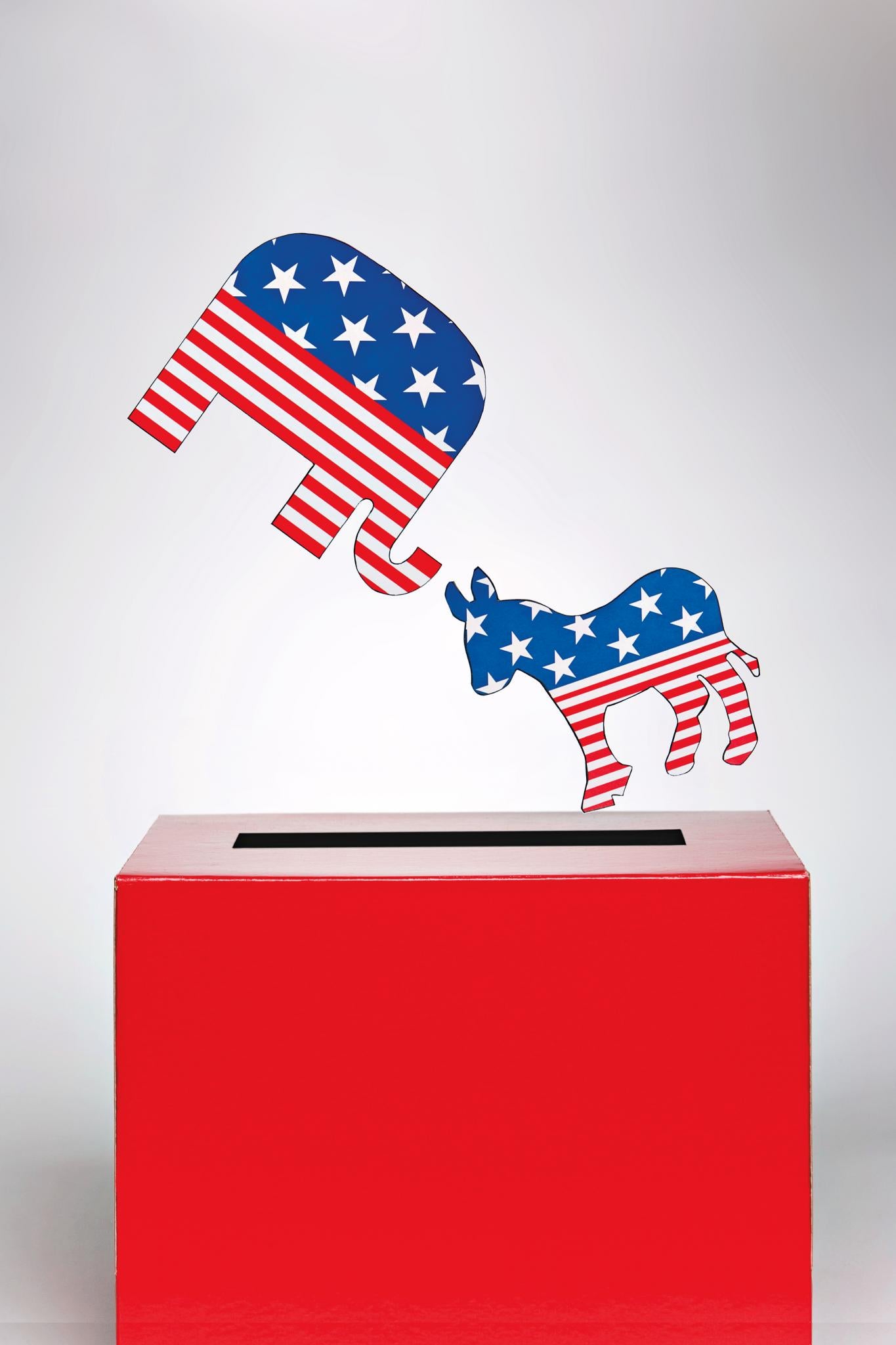
African-Americans get the power of voting. Black women, for instance, voted at a higher rate than any other race or gender in the 2008 and 2012 presidential contests. However, that engagement hasn’t extended to midterm elections, which, arguably, have a greater effect on our everyday lives than presidential elections. According to America Goes to the Polls: Voter Participation Gaps in the 2010 Midterm Election, a study conducted by Nonprofit Vote, Black voter turnout in the midterms was just 44 percent, five points lower than Whites. By contrast, in the 2012 presidential election, Black voter turnout was 66 percent compared with 64 percent for Whites.
Are you ticked off about voter suppression? What about the failure of states such as North Carolina, Louisiana and Texas to expand Medicaid coverage under the Affordable Care Act? Concerned about massive cutbacks in social and educational programs? These setbacks can be traced to Democratic voters staying home during the 2010 midterms and allowing Tea Party extremists, namely those in southern states, to influence the U.S. House of Representatives. State representatives, state senators and governors—those officials elected during midterms—are the ones who make critical decisions on issues such as education, voting rights, abortion and economic development. “These are the offices that determine whether you are standing in a two-hour-long line on Election Day or whether voting is an easy process,” says Cornell Belcher, president of Brilliant Corners Research & Strategies, one of the nation’s top Democratic pollsters.
Four years ago, Republicans dominated statewide races, which, in turn, meant that they also controlled much of the redistricting that occurred in 2011. Redistricting—that is, redrawing the boundary lines within each state to accommodate population changes—is a powerful tool used to define electoral voting blocs. In Texas, for example, a surge in the Hispanic population added four congressional seats, but a majority GOP legislature redrew the lines to its party’s benefit, guaranteeing that Republicans would win them all. In July, a Florida judge threw out the state’s redrawn congressional districts, stating partisan, Republican operatives were behind the effort.
Your vote on November 4, 2014, will shape the political landscape for the next two years and beyond. In South Carolina and New Jersey, Republican incumbent U.S. Sen. Tim Scott and Democrat Sen. Cory Booker are both on the ballot, respectively. If they win, they will be the only two African-Americans in the U.S. Senate. Mia Love could become the only African-American Republican in the U.S. House if she wins her congressional race in Utah. In North Carolina, the Moral Monday movement—led by Rev. Dr. William J. Barber III, president of the North Carolina NAACP—could turn out new voters and help Democrats beat several Republicans, thus loosening the grip they have on that state’s capital.
There is momentum heading into the fall. This summer, Black voters in Mississippi crushed the hopes of state senator and Tea Party favorite Chris McDaniel, who was forced into a runoff against incumbent U.S. Sen. Thad Cochran. The race was polarizing, but Cochran, recognizing the value of a Black constituency, crossed party lines to reach out to African-American Democrats. Those voters viewed McDaniel as having “a libertarian view of government, which would have completely undermined the quality of life for all Mississippians, Black and White,” according to Derrick Johnson, president of the Mississippi State Conference NAACP. As a result, Black Dems helped secure Cochran’s win against McDaniel. Now, Cochran will face Democrat Travis Childers, a former congressman, in November.
The lesson here? We cannot cede our voting power. In Mississippi and across the country, we have to continually show up and show out. For more information, visit nationalvoterregistrationday.org.
Roland S. Martin (@rolandsmartin) is host of TV One’s daily morning show, NewsOne Now.
This article was originally published in the October issue of ESSENCE magazine, on newsstands now.